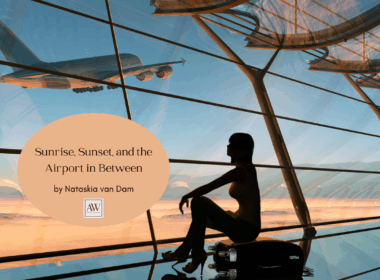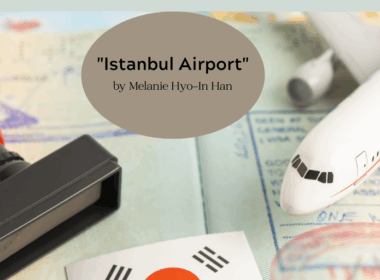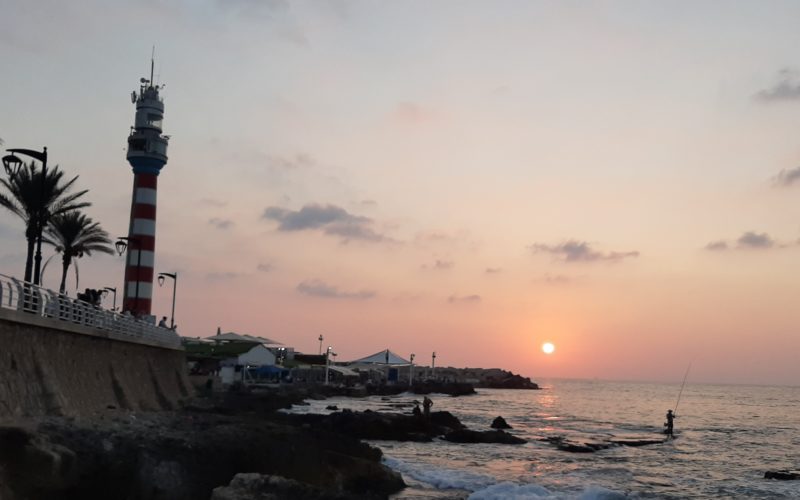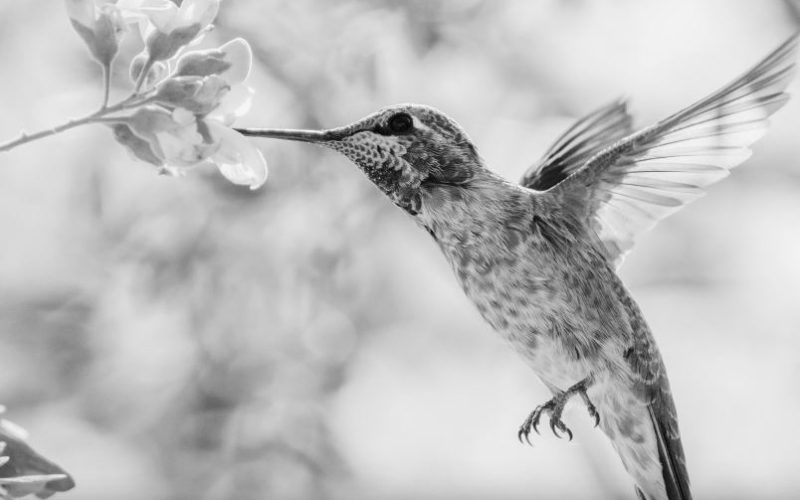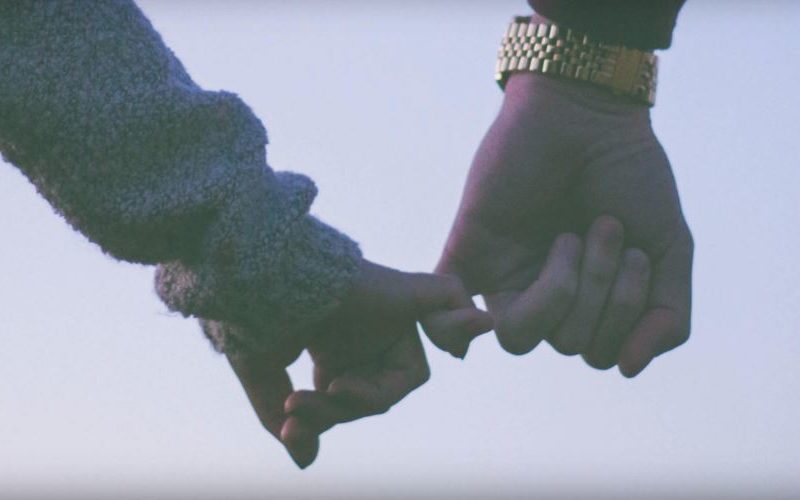By Timoteo Neves
“Tell us the story,” one of the military men tells me.
“George, right?” the other one says. He is so bald I can see the fan rotating on the ceiling just by looking above his bushy eyebrows.
“Yes, my name is George. I study at the American school around the corner…”
I grip the bag of peanuts they gave me a bit harder. I’m not sure what they expect from me, but I try remembering everything since the beginning.
I woke up and had a thyme roll with extra olives before my dad dropped me at school. My friend Jean Paul had to copy my essay before History because he’ll start taking the Lebanese system next year and wants nothing to do with the American Civil War. Halfway through the class a bird hit the glass windows and it triggered this girl Julia who started panicking because her house had been shattered in the Beirut Blast, but the teacher didn’t speak Arabic and didn’t know exactly what to tell her. So, Jean Paul and I had to reassure her. And then after that, we had Photography… yes, that’s it. I think it happened during Photography.
“So,” I say, “we were taking pictures as a class, and we came here to take pictures of the sea and split into groups. I took some pictures, but then I think I blacked out… It’s very hot outside.”

“Where’s your teacher?” the bald one says. I’m wondering how to tell him Jean Paul and I ended up going the wrong way, when he says in English: “te-cher,” and then in French, “professeur.”
“Where are you from?” the other military man asks. We’re talking in English now.
“Lebanon,” I say, annoyed by the language switch.
“You’re not from Lebanon,” the bald man says with confidence. “You speak Arabic with an accent.”
“You speak Arabic with an accent.”
It hits me like a sledgehammer. Yes, that’s right. I’m not Lebanese. But I’ve lived here for so long that I envision my baby-self crawling under a cedar up in the mountains under my parents’ gaze and saying, “Hi kifak, ça va?”
“America,” I tell them. After all, English flows from my tongue tip like a bee makes honey and I know so much about the American Civil War that it could have happened to my grandparents.
“Do you have passport with you?” the bald man says. His tone is more serious now. He leans his head forward with interest and folds his hands.
“No,” I tell him. All I had with me was my camera. No bag. No wallet. No phone. Just the school camera. And they seem to read my thoughts, because the other military man stands up and places the Nikon Z7 on top of a foldable table.
“Which grade are you?” he asks.
“Eleven,” I say.
His eyes, tiny and intense like shiny beetles, appear to doubt me. His gelled salt-and-pepper hair tells me he’s a no-nonsense kind of man.
“You know it’s forbidden to take pictures of army posts, don’t you?” he says.

“You know it’s forbidden to take pictures of army posts, don’t you?”
I feel a punch in the stomach. I know where this is going. My mind starts fishing for evidence that I’m not as old as my height suggests and, more importantly, that I’m NOT an American spy. (Should I mention that I speak Spanish? Or would the linguistic skills add to their suspicions?)
“Yes,” I say and take a large sip of the water they gave me and shove two peanuts in my mouth.
“Your parents, what are their names?” the bald man asks.
“Marcos and Christina.”
“What do they do?”
“They work at an NGO that helps refugee children.”
“Just give him the camera and let him go,” the bald military man tells him, forgetting that I understand Arabic. “He’s just a confused kid, that’s all.”
The man with salt-and-pepper hair stands up, turns his back, and paces the room. The sea breeze blows through a window, bringing the warm winds of August and making me crave leaving that tight room more than anything.
“Let’s look at the pictures,” Salt-and-pepper says in Arabic, but I think he’s now aware that I’m understanding him. “The kid came running without a hat or anything to protect from the sun and fell like a sack of potatoes when we pointed at him. We gave him water, something moist for his head, and some nuts for energy, but we never looked at the pictures. How about we finally do that? Let’s just look at the pictures.”
The room feels much smaller now that my head is a bit clearer. And I feel like the stupidest person alive.
The teacher told us we’d take five pictures of the Mediterranean Sea and then we’d return. We wouldn’t even go to the red lighthouse. But I told Jean Paul I was so fast I made Speedy Gonzales jealous, and I could very well go all the way to Pigeon’s Rock, taking millions of pictures on the way if I wished. He told me I couldn’t even get to the Manara lighthouse.
So, I ran. And, of course, that’s the place where I took the most pictures. Military base and all.
“Jorge, we’re extranjeros,” my mother often told me. “We’re foreigners. Like it or not.”
I always hated it. I can be Lebanese if I want. Or American. Or Colombian like she is. Or Brazilian like my dad. Or anything else I wish. Or nothing at all.
Salt-and-pepper picks up the camera and it switches on with a familiar sound.
When I was in grade ten, a school friend was deported for going out in the streets sharing Bibles in a non-Christian neighborhood in Lebanon. His parents were obviously very worried, but they might have felt some droplets of pride.
I wonder how my parents will feel.
For a moment, there is nothing but a sequence of annoying camera beeps and the intensifying heat in the room. The government electricity time is done, and the overhead fan is dead weight.
I’m also dead weight.
I envision myself being prodded by soldiers, pulling my life’s contents in luggage that can barely hold it. The slick Lebanese man in front of me is going on a vacation to Luxembourg and he’s as happy as a lark, while I dread every step I take because I know my dad is cursing me on the inside and my mom can’t contain her tears. The image is so strong I can hear the official talking to me with his Swiss French accent:
“Georrge?”
And then I realize Lebanese officials don’t have Swiss French accents and that the voice is rather familiar.
“You’re the te-cher?” Salt-and-pepper asks grumpily.
“Yes,” Mr. Maurice says. And I’ve never been gladder to see my Photography teacher, wearing the un-Lebanese straw hat that always accompanies him. “Let’s go, Georrge. You’re already late for your other class and you got us worried enough.”
Outside, Jean Paul is waiting for us, his face glistening with sweat and his camera still slung on his neck like a massive necklace.
“I hear you’ll get a detention,” he says as we follow Mr. Maurice, who is nearly running as he walks.
Jean Paul knows he’s throwing me under the bus. He should be getting a detention too, but I don’t mind.
“A detention is fine,” I say. It’s like someone has taken away the backpack filled with balls of lead that I was carrying up until now. “As long as I have it here in Lebanon, a detention is fine.”
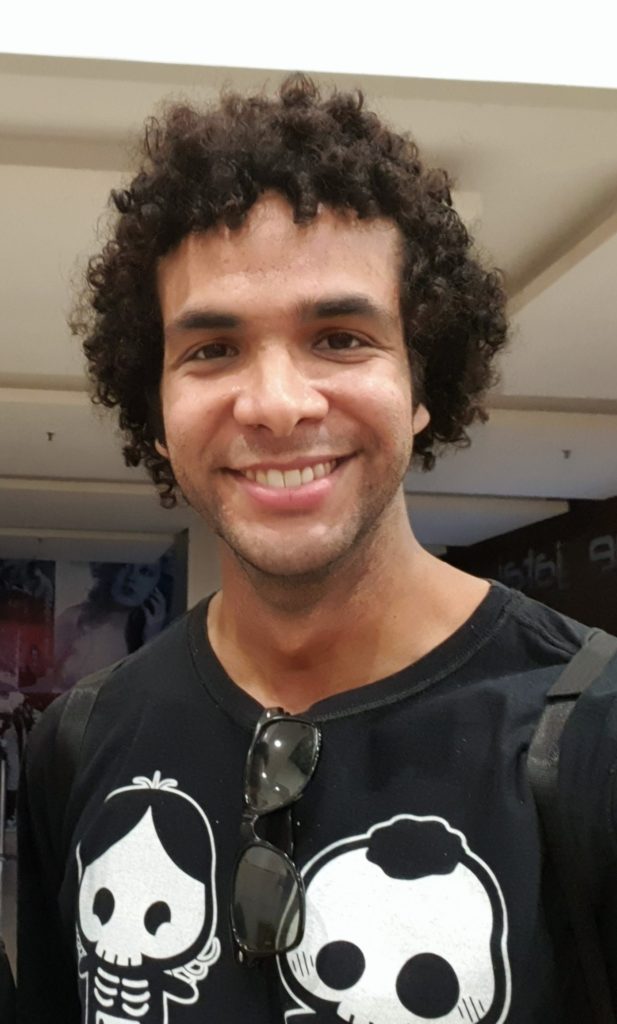
Timóteo Pereira Neves was born in Brazil and in his early teens moved to South Africa and then to Lebanon where he lived for the past ten years. He currently teaches English at American Community School Beirut. An inspired learner and passionate writer, he has previously shared his voice in Interact magazine and in the book Student Writing Tutors in Their Own Words.




